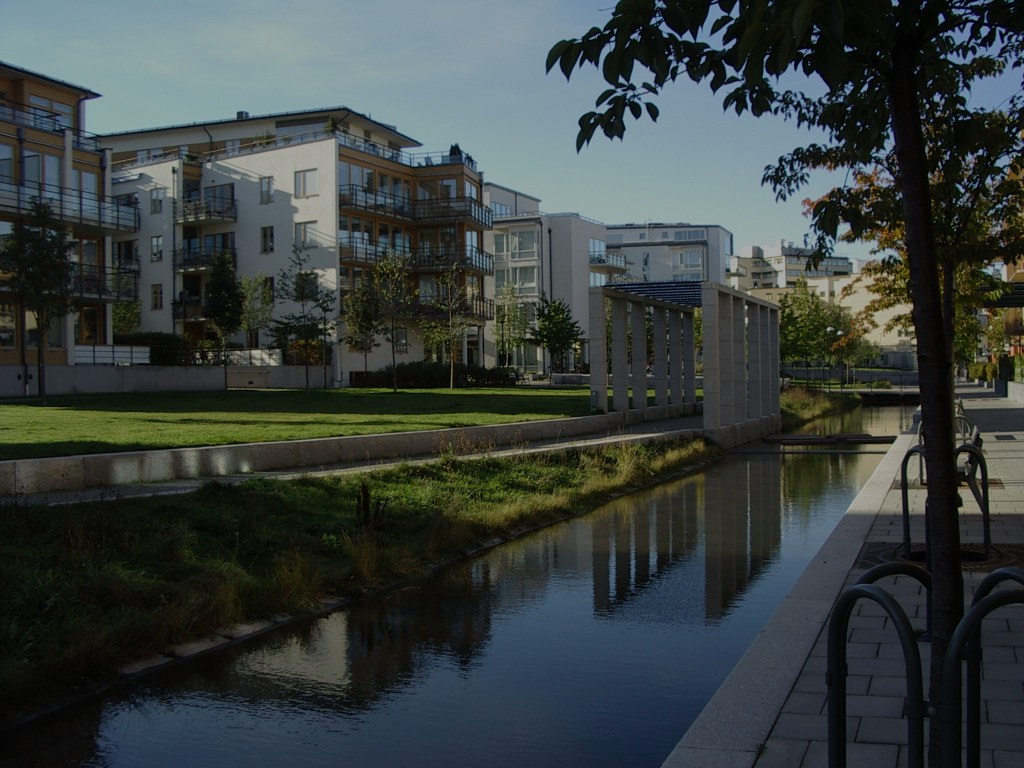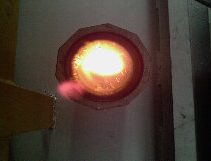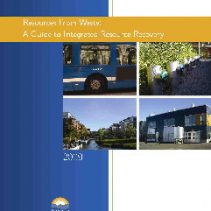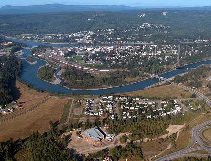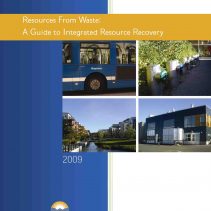Royal Roads University Energy Independence Study
In 2008, Farallon worked with WorleyParsons Komex and Richard Iredale Architects, to identify and evaluate opportunities for making Royal Roads University self-sufficient with respect to electricity, heat, and water (Sustainable Organization of Energy, Water and Material Flows for Royal Roads University). This work was initiated as part of the process to update the University’s Sustainability Master Plan, and to find alternative energy sources for the planned Robert Bateman Centre on the campus. The main idea generated from this work is to build an “Energy Centre” on the University campus to house three facilities: a gasification and cogeneration plant, a small wastewater treatment plant, and an anaerobic digester. Classrooms would be build...
Quesnel Community Electricity and Heating Project
In 2008 Farallon completed a study for the Quesnel Community and Economic Development Corporation outlining the best options for resource recovery in the community. The top-ranked project is a community electricity and heating system. The system will generate electricity with a low-temperature Organic Rankine Cycle turbine, which will in turn produce waste heat for a district heating system. Fourteen buildings will be served by this system, including the local hospital, City Hall, an arena, an education facility, and a retirement home. The system will be the first of its kind in North America, and will: Recover waste energy through efficiency improvements to an existing sawmill wood residue burner adjacent to the City of Quesnel Become a joint venture...
Province of BC, Resources from Waste Study
In 2008 the Province of British Columbia commissioned the team of Jon O’Riorden, Asset Strategics, Aqua-Tex Scientific and Farallon to examine the value of a fully integrated approach to recovering energy, water, and nutrients from liquid and solid municipal waste. Processes such as gasification to produce heat and electricity, and anaerobic digestion to produce biogas were investigated for solid organic waste. “Water and Energy Recovery Cells” or “WERCs” were proposed to recover highly-treated wastewater for reuse, and to allow heat and cold to be recovered by means of heat pumps. The report detailed the barriers to resource recovery in municipalities, including the fact that planning for solid waste, liquid waste, energy, transit,...
Quesnel Resource Recovery Options Study
In 2008 the Quesnel Community and Economic Development Corporation hired Farallon to conduct a study to identify and evaluate opportunities to recover energy and water from industrial and community waste streams. Farallon’s study was part of a broader bioenergy strategy designed to find economic development opportunities in a region that has been severely affected by the Mountain Pine Beetle. The study evaluated the economic, social, and environmental costs and benefits of resource recovery options, which included mining landfills for wood waste, gasification of wood waste to produce green electricity and district heating, anaerobic digestion of industrial and community organic waste to biomethane, and recovering industrial waste heat for district...
Province of BC, Resource Recovery Guide
The BC Ministry of Community Development has recognized that an integrated approach to recovering resources from waste supports the Provincial objectives of conserving water, energy, and reducing greenhouse gas emissions. Subsequent to the release of the Resources from Waste Report in 2008, the Ministry of Community Development recognized the need to provide guidance and suggestions on resource recovery infrastructure and technologies to individuals responsible for local government planning and administration. Farallon was hired to write Resources from Waste: A Guide to Integrated Resource Recovery, in collaboration with Dr. Jon O’Riorden. This Guide is available at:...
